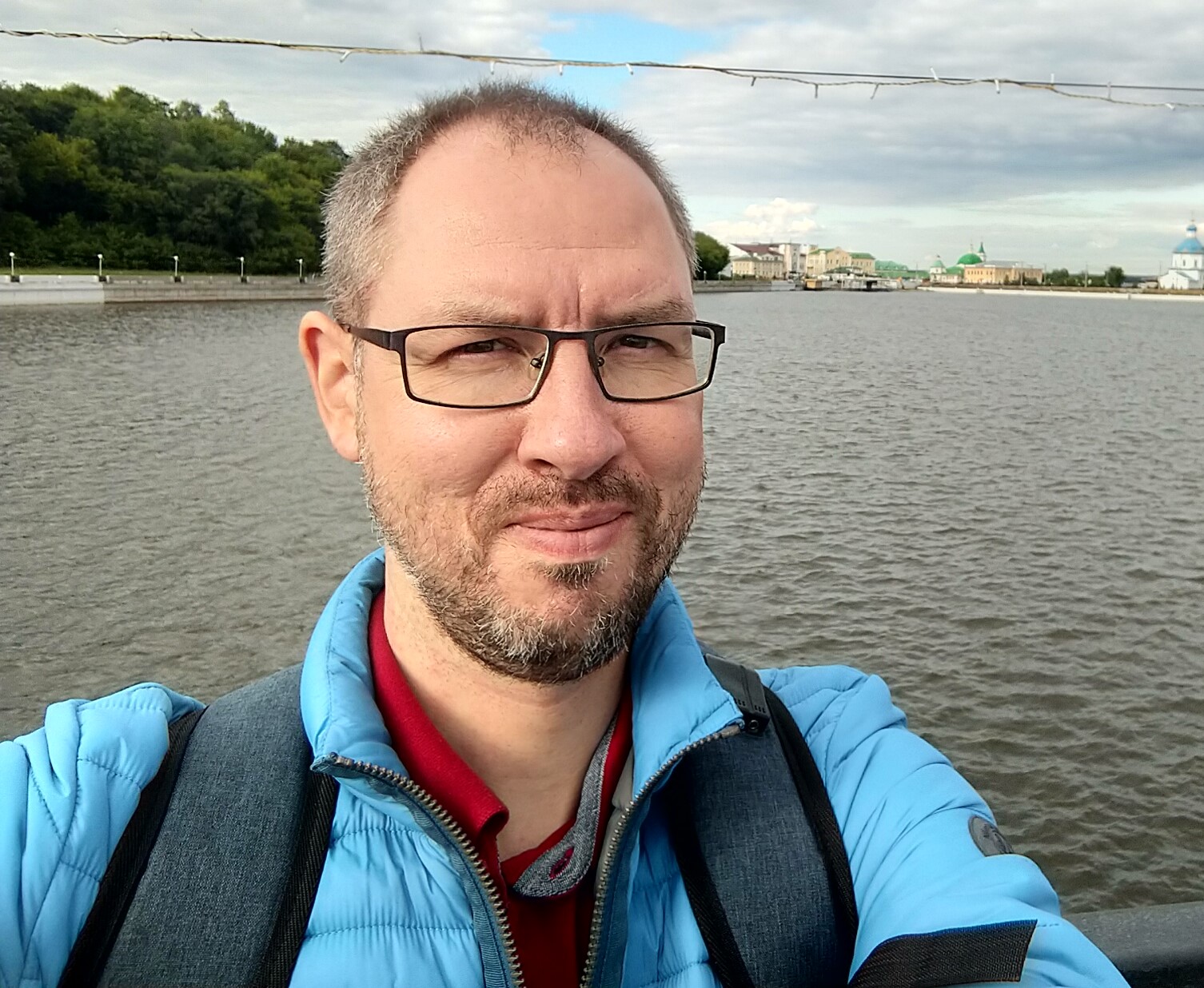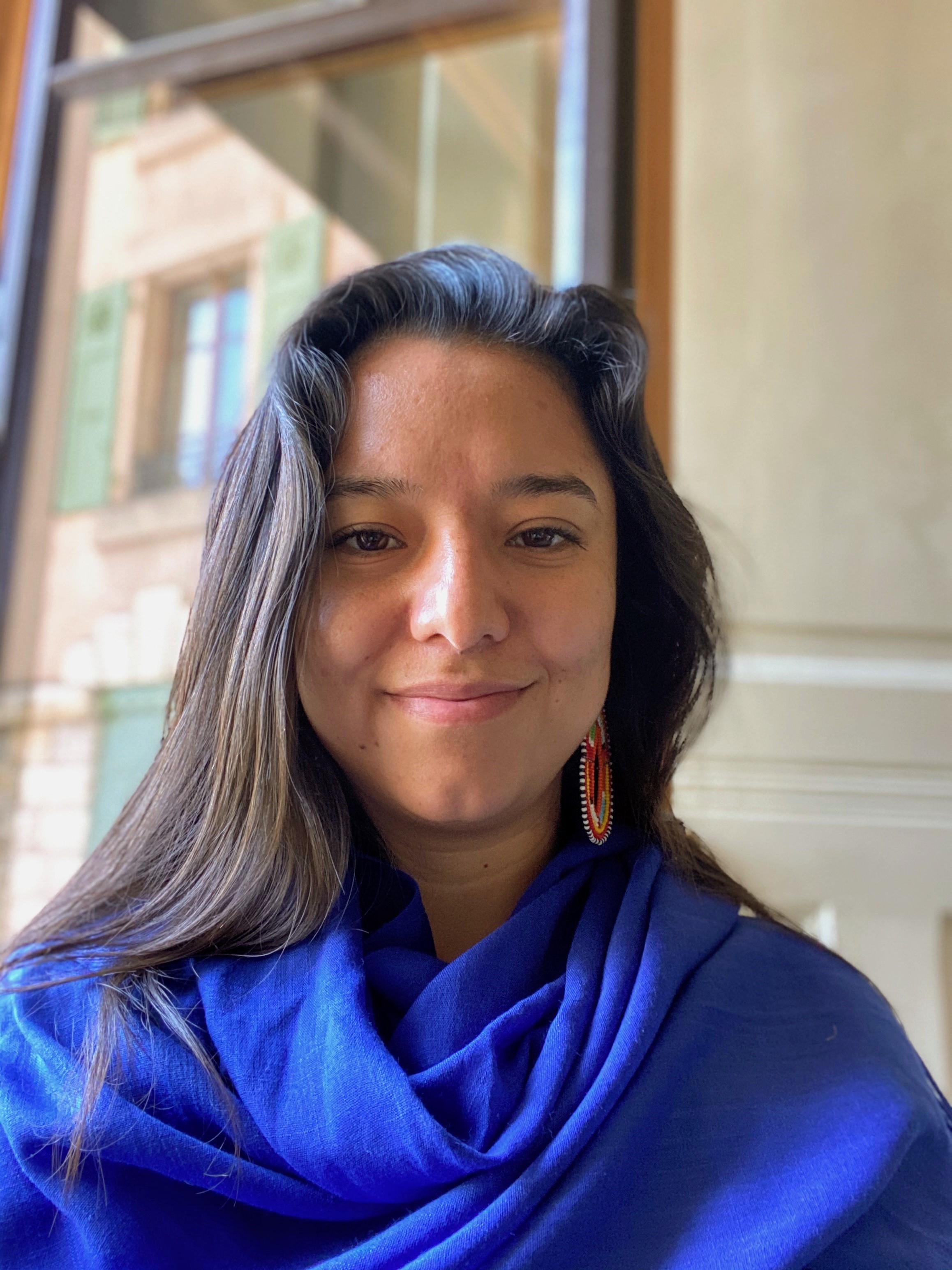
Aydin Anil Mucek
"Framing Racism in Ireland: Racism, Anti-Racism, and National Belonging in Ireland, 1955-1995"
Aydin Anil Mucek is a PhD candidate in UCD's School of History. Aydin's research aims to explore the social and political history of race and racism in Ireland from an often overlooked perspective: Black African students. Drawing from governmental documents, NGOs, media coverage, and interviews, his research examines how the increasing number of Black African students in Ireland challenged Irish racial perspectives and led to public discussion on racism in Ireland between 1955 - Ireland's accession to the UN - and 1995 - the beginning of Celtic Tiger. He received his BA in Audio Visual Media at Tallinn University's Baltic Media and Film School and completed his MA in Global History at UCD.

